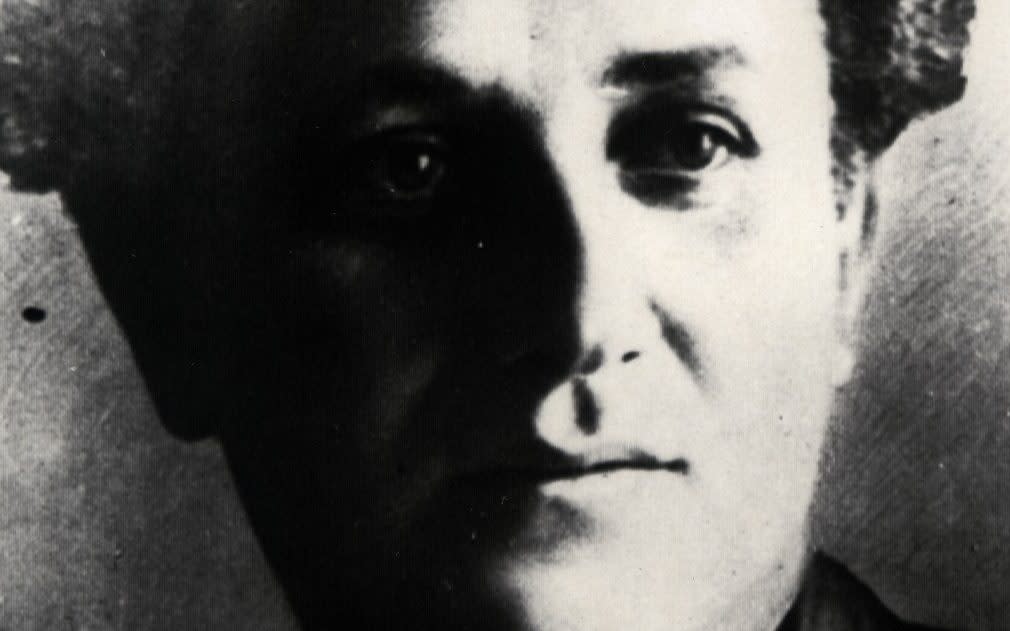When disinformation might really have swung an election

I’m not sure that anything can now help poor Rishi Sunak, but surely a letter a few days back from the Russian foreign minister alleging Moscow’s backing for Keir Starmer would have done just a little good. And it would have been a fitting way to celebrate the centenary of the infamous Zinoviev Letter.
In 1924 the Labour Party had formed its first government. It was a minority administration, dependent on the Liberals, and was under siege from its formation. While party leader and Prime Minister Ramsay MacDonald was moderate, pragmatic, and certainly anti-communist, he and his party were constantly accused of being overly sympathetic to Moscow.
Their decision to normalise Britain’s relationship with the Soviets, only seven years after the Russian Revolution, however, fuelled paranoia about “Bolshevik influence”, and this fear even extended to some within the security services. It was partly the notion that Labour was too close to the Soviets that led to the MacDonald government losing a confidence vote and having to go to the people.
Four days before the election, the Daily Mail published a letter ostensibly from Grigori Zinoviev, head of the Communist International in Moscow, the dreaded Comintern. It ordered the Communist Party of Great Britain to commit acts of sedition and argued that, “A settlement of relations between the two countries will assist in the revolutionising of the international and British proletariat not less than a successful rising in any of the working districts of England, as the establishment of close contact between the British and Russian proletariat, the exchange of delegations and workers, etc., will make it possible for us to extend and develop the propaganda of ideas of Leninism in England and the Colonies.”
It sounds like a parody today but at the time was taken seriously, even by some who claimed to be experts. The Soviets were in fact anxious to build closer ties with Britain, but less due to ideology than to Russia’s poverty and desperate need for loans and financial support. As a result, Zinoviev himself quickly and officially denied that the letter was genuine. But as anti-Communists said at the time, well he would say that wouldn’t he.
Although Labour leaders were understandably furious, their eventual vote wasn’t especially damaged by the letter, with supporters either not believing its authenticity or not caring even if was true. The party also ran more candidates than before, so the overall tally was higher.
The Conservatives were always strong favourites to win but certainly attracted voters who were genuinely frightened of what would happen if a Labour government formed closer ties with Moscow. The major victim of the letter was probably the Liberal Party, already in a rapid decline. These “red scare” tactics pushed many of their usual voters into the hands of the Conservatives.
But it also led to a lasting Labour Party suspicion of British as well as Soviet Communism, and a determination to emphasize the non-Marxist nature of British social democracy, something that was only interrupted when Jeremy Corbyn became leader. Partly as a result of the letter, the new Prime Minister Stanley Baldwin distanced his government from Moscow, and the Soviet Union became increasingly isolated.
That would have delighted the writers of the letter, who were almost certainly white Russians, monarchists, or other emigres who wanted to discredit the Labour Party and prevent Britain from aiding the Soviets in any way. The Zinoviev Letter was a hoax, and that so many people believed and continued to believe its authenticity says more about popular paranoia and credulity than about the letter’s verisimilitude.
Within a few years, Stalin controlled the Soviet Union, incarcerated and killed millions, and oversaw a forced starvation of Ukraine. Courageous people wrote genuine letters about what was going on inside the country, but they were usually given far less acceptance than the Zinoviev forgery.
As for Ramsay MacDonald, he would go on to be Labour Prime Minister once again between 1929 and 1931 and then lead a National Government until 1935.
In 1934 Grigory Zinoviev was arrested, put on trial, and accused of crimes against the Soviet Union. The following year, after torture and humiliation, he was ordered to plead guilty to various outlandish and absurd charges. He said he would do so if his life was spared. “That”, said Stalin, “goes without saying.”
He was then executed.


